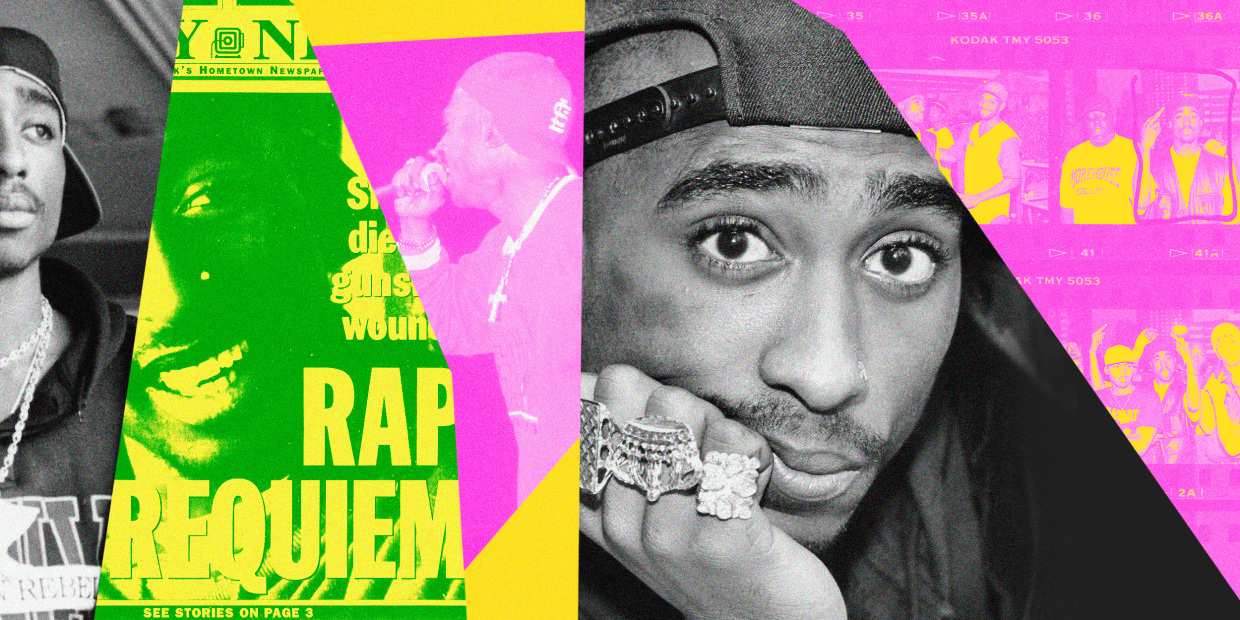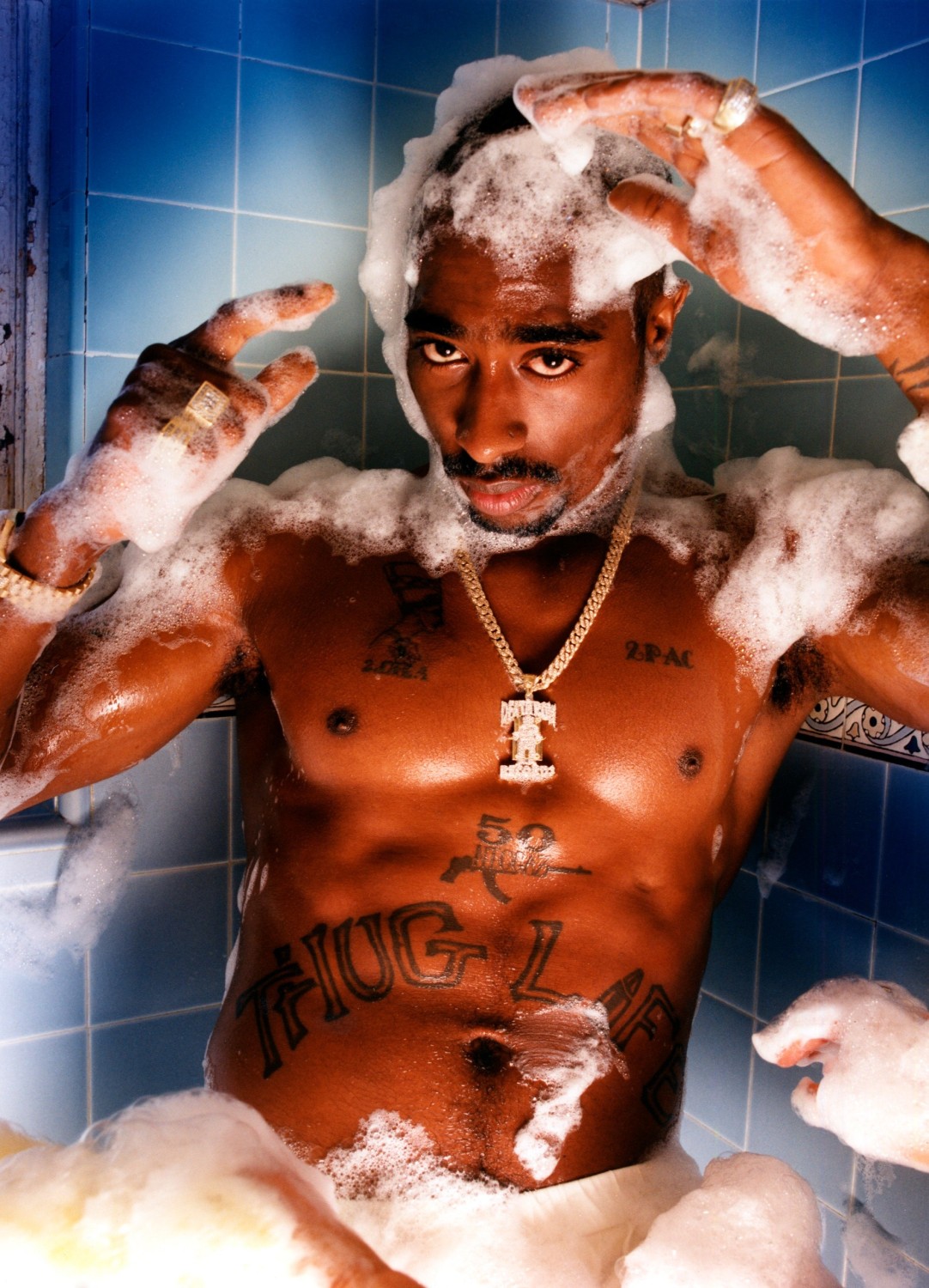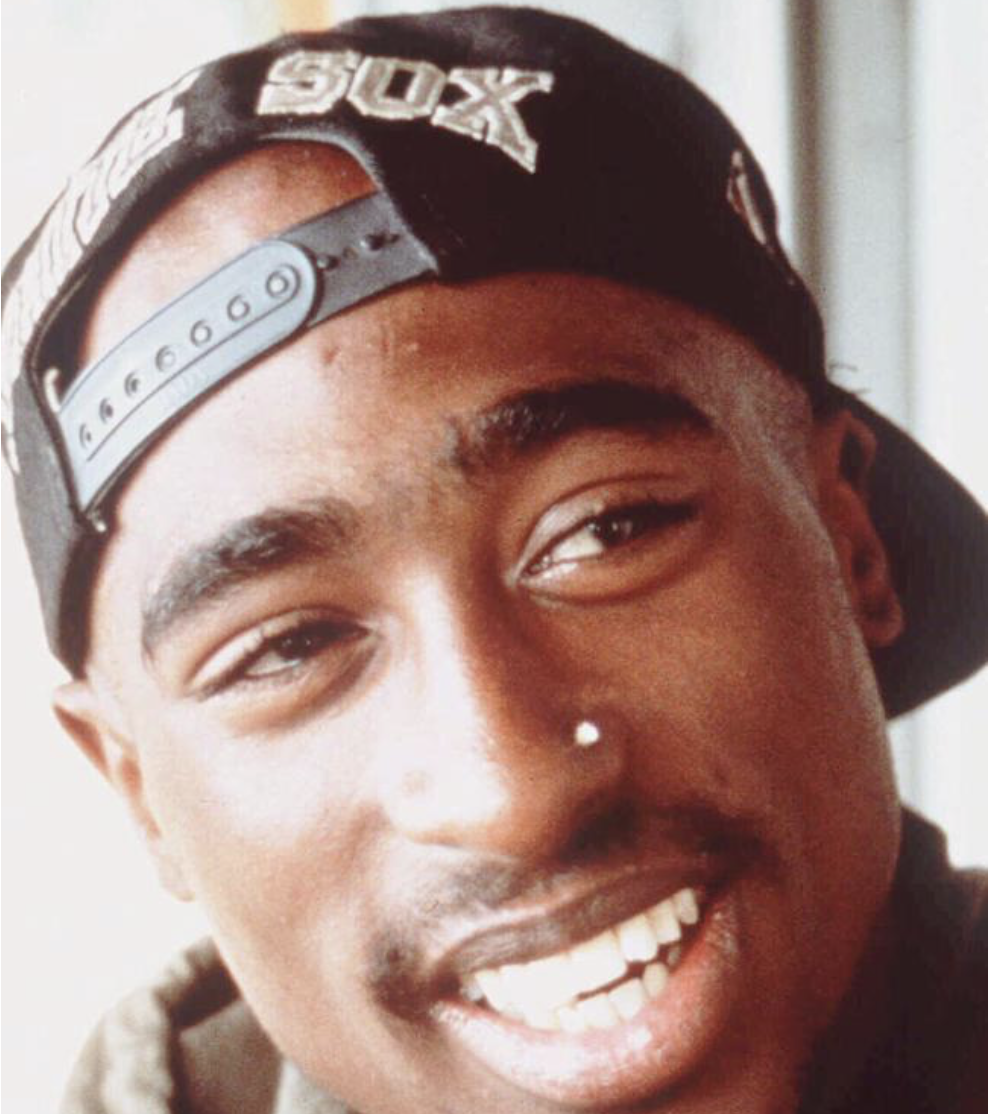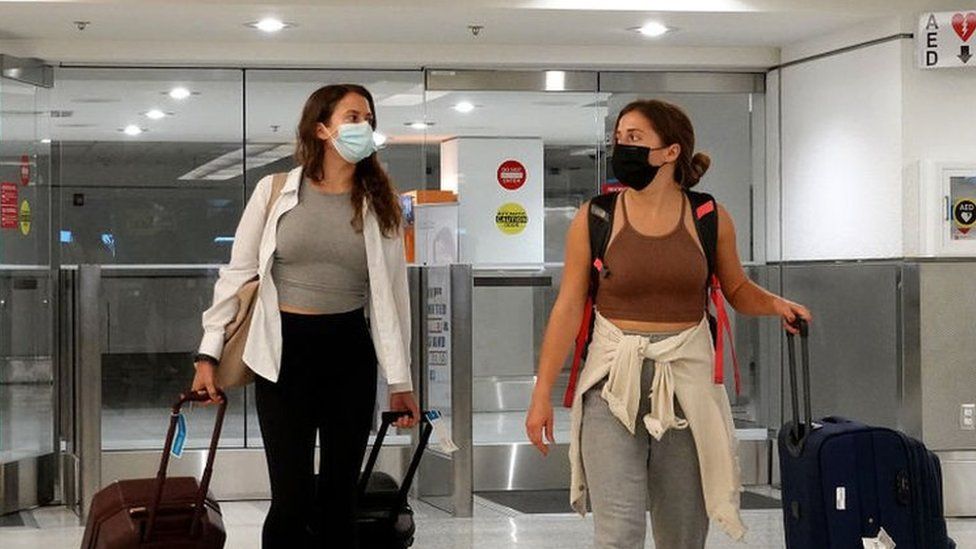This article is more than
3 year oldCoronavirus: EU stops short of vaccine export ban
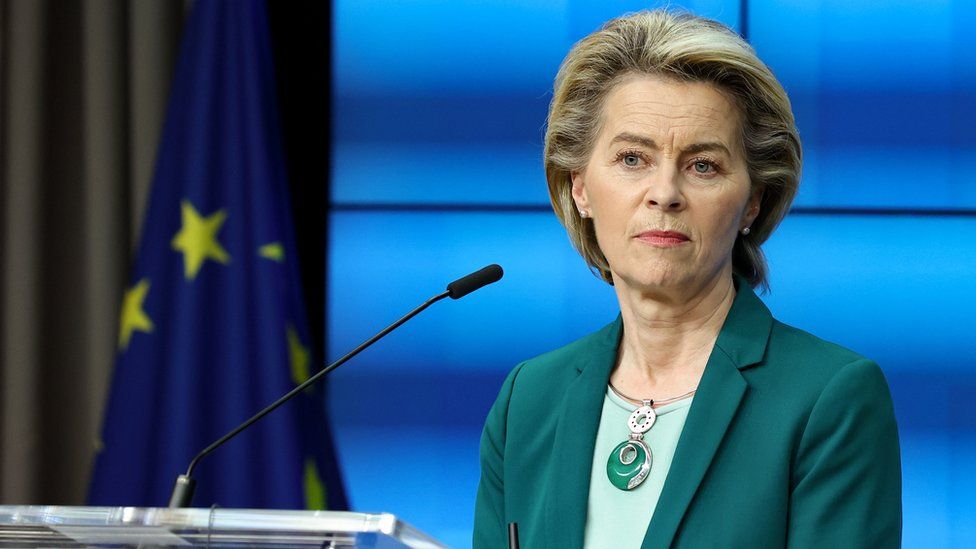
At a summit on Thursday they gave backing in principle for toughening export controls.
But a post-summit statement emphasised the importance of global supply chains needed to produce vaccinations.
Elements of the AstraZeneca vaccination are manufactured in a number of EU states.
European Commission President Ursula von der Leyen said AstraZeneca must "catch up" on deliveries to the EU before exporting doses elsewhere.
French President Emmanuel Macron told reporters this marked "the end of naivety" from the EU.
Vaccine rollouts in EU states have started sluggishly, and the bloc has blamed pharmaceutical companies - primarily AstraZeneca - for not delivering promised doses. AstraZeneca has denied that it is failing to honour its contract.
The EU is expecting to receive about 30 million AstraZeneca doses by the end of March, less than a third of what it was hoping for.
- Why is the EU having vaccine problems?
- Where is the Oxford-AstraZeneca vaccine made?
- EU tussle with UK over AstraZeneca jabs escalates
"I think it is clear that first of all the company has to catch up," Mrs von der Leyen told a news conference after the virtual leaders' summit.
"[It] has to honour the contract it has with European member states before it can engage again in exporting vaccines," she said. "We want to explain to our European citizens that they [can] get their fair share."
The EU was accused, primarily by the UK and the World Health Organization (WHO), of so-called vaccine nationalism after it introduced export controls on jabs produced within the bloc.
In response, UK Prime Minister Boris Johnson warned that "blockades" were not "sensible".
He said a ban would imperil the UK's vaccination drive, which has so far been more successful than EU member states' vaccine programmes.
Mr Johnson also warned that a ban that extended beyond AstraZeneca's disputed supply could also block jabs produced for BioNTech/Pfizer in Belgium.
France's foreign minister said on Friday that the EU "shouldn't be paying the price" for the UK's vaccination policy.
"One can't play with blackmail, having given a lot of first jabs and then run into problems with the second," Jean-Yves Le Drian told France Info radio.
Mrs von der Leyen said on Thursday that EU was the "region that exports most vaccines worldwide" and invited other countries to "match our openness".
Her comments came a day after the EU issued a joint statement with the UK in which both sides pledged to work together after weeks of tensions over the Oxford-AstraZeneca jab.
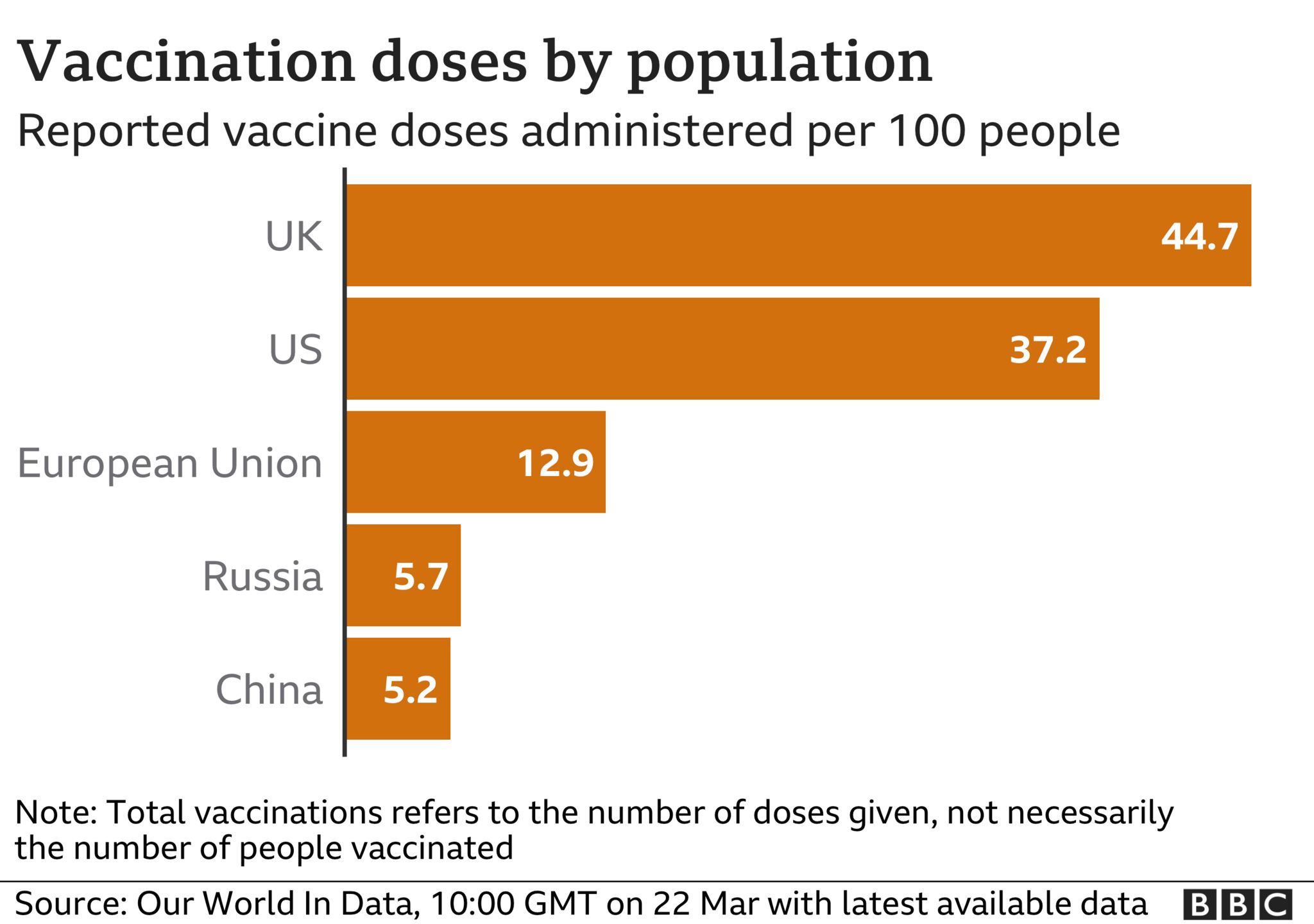
Meanwhile, French President Emmanuel Macron backed the EU's export controls.
"I support the fact that we must block all exports for as long as some drug companies don't respect their commitments with Europeans," he said.
Earlier, he expressed frustration at the slow pace of much of Europe's vaccine rollout. "We didn't shoot for the stars," he told the Greek television channel ERT before the summit. "We were wrong to lack ambition."
Dutch Prime Minister Mark Rutte said while his fellow leaders had found the Commission's tougher export measures "acceptable", he hoped they would never be used - a message echoed by his Belgian counterpart, Alexander De Croo.
Both those two countries are home to factories involved in the production of the AstraZeneca shot, which it's suggested may soon be sending increased supplies to European nations - a move that may assuage some EU anger, BBC Brussels correspondent Nick Beake reports.
Mr Rutte said an agreement with the UK over AstraZeneca components produced in the Netherlands could be announced this weekend.
How will the EU boost vaccination?
Following the virtual summit, the EU's 27 member states agreed to try and ramp up the production of vaccines within the bloc.
"Accelerating the production, delivery and deployment of vaccines remains essential and urgent to overcome the crisis. Efforts to this end must be further intensified," they said in a joint statement.
"We underline the importance of transparency as well as of the use of export authorisations," they added.
The EU also called on vaccine manufacturers to "ensure predictability of their vaccine production and respect contractual delivery deadlines".
US President Joe Biden also attended the virtual meeting, in an effort to repair ties with the EU after the strained relationship between the bloc and his predecessor, Donald Trump.
Ahead of Thursday's meeting, a former president of the European Commission, Jean-Claude Juncker, urged the bloc to avoid a "stupid vaccine war" with the UK.
"We are not in war, and we are not enemies," he told the BBC's Hardtalk programme.
He added that threats of export bans could cause "major reputational damage" to the EU.
How bad is coronavirus in Europe?
A third wave of infections is sweeping across much of mainland Europe.
EU states have seen some of the deadliest outbreaks of the pandemic, with Italy recording more than 106,000 deaths, France 93,000, Germany 75,000 and Spain 73,000.
Yet recent figures show just 12.9 doses of vaccine have been administered per 100 people in the EU compared with 44.7 in the UK and 37.2 in the US.
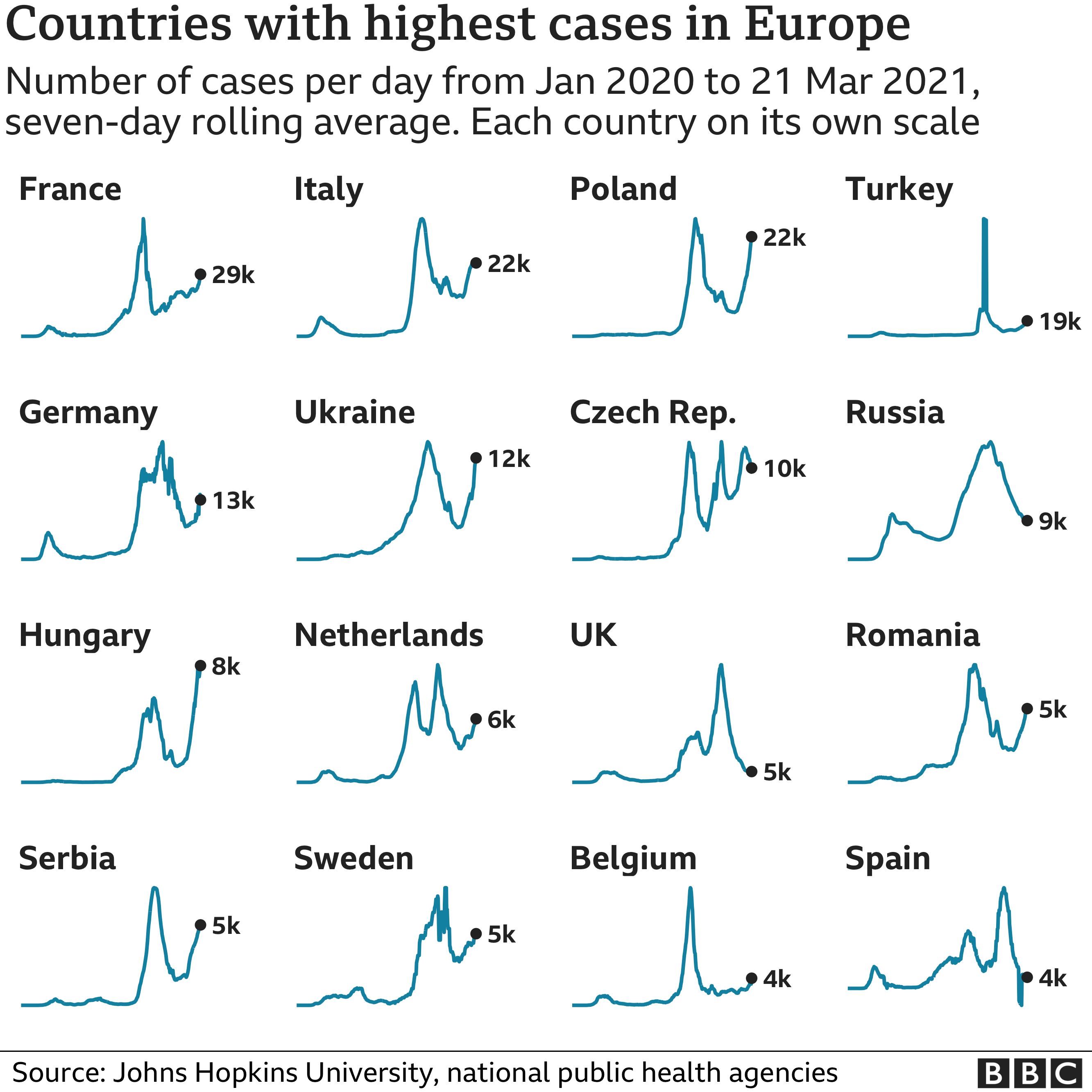
Speaking earlier this week, German Chancellor Angela Merkel said the British variant had become the dominant strain circulating in Germany and amounted to "a new pandemic".
"The situation is serious," she said. "Case numbers are rising exponentially and intensive care beds are filling up again."
Lockdowns have been re-imposed or extended in countries like Belgium or the Netherlands but there is particular concern over eastern EU states.
Poland will close nurseries, pre-schools and hairdressers for two weeks from Saturday after coronavirus cases surged.
Keywords
Newer articles
<p>Former CNN host discussed ongoing anti-Israel protests on college campuses</p>
Tiffany Haddish Says Common Is the Only Celebrity She's Been 'Entangled' With, Claims He Chased Her for 2 Years
Rihanna Is “Keeping it Real Simple” for This Year’s Met Gala
US Congress threatens ICC over Israel arrest warrants
Kendrick Lamar escalates Drake feud on the scathing diss track, Euphoria
Israel fears Netanyahu's arrest over Gaza war as international court considers warrant
Doja Cat steps onto red carpet in lingerie
Tiger’s heartbreaking daughter revelation
Rwanda must halt ‘support’ for M23 rebels, withdraw troops from DR Congo, says Macron
Over half of Israelis believe Netanyahu should resign immediately - poll
